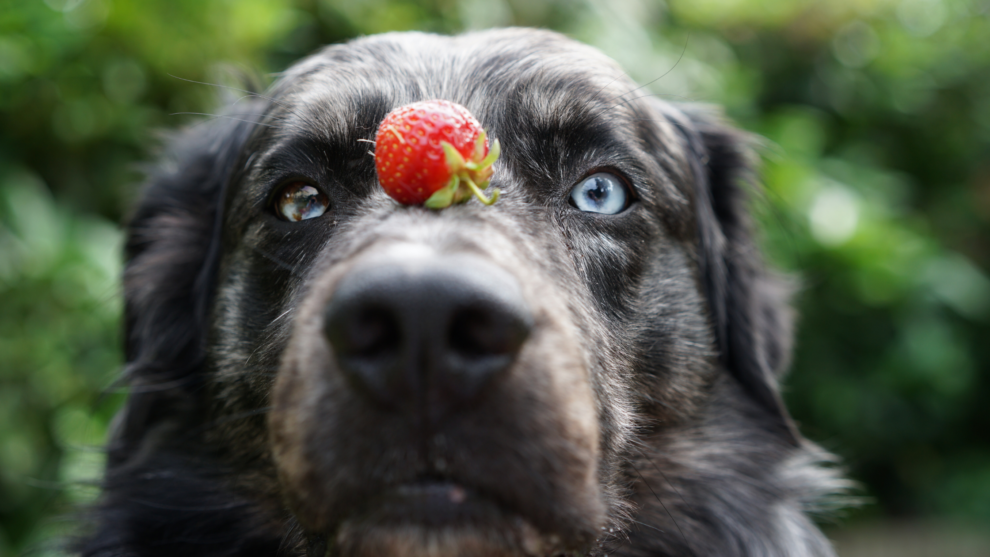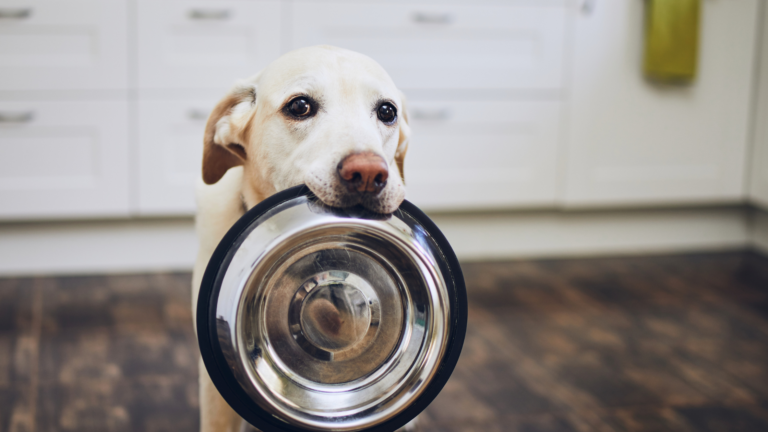Dogs and cats are primarily carnivores, but certain fruits and vegetables can be a fine, healthy addition. Below are 10 safe choices, with brief serving tips and when to be more careful. Always start with small portions and watch your pet's reaction.
Safe & healthy: 10 fruits and vegetables
1. Carrot
Rich in provitamin A (beta-carotene), crunchy and low in calories. Give raw or (lightly) cooked, in small pieces for safe absorption.

2. Cucumber
Contains a lot of moisture: nice and hydrating and virtually calorie-free. Remove peel if necessary and cut small.
3. Blueberries
Small antioxidant bombs with vitamin C. Ideal as a training snack-with moderation in cats.

4. Apple (without core and pips).
Source of fiber, vitamins A and C. Always remove seeds and core and cut into small pieces.
5. Green beans (cooked, unprocessed).
High in fiber and low in calories. Useful as a "bulking" snack for dogs that need to lose weight; in cats, very small portions.

6. Pumpkin (pure, without sugar/spice)
High in fiber and gentle on the tummy. Useful for fluctuating stools (both constipation and thin stools). Give puree or cubes, without additives.
7. Strawberry (in moderation)
Vitamin C and antioxidants, as well as natural sugars. Remove crown and cut small; especially in cats sparingly.

8. Sweet potato (boiled/steamed).
Source of fiber and beta-carotene. Always serve cooked and without seasoning or oil, in bite-sized pieces.
9. Banana (in moderation)
Potassium and B vitamins, but relatively high in sugar. Use as an occasional snack-small mashed or in mini pieces.
10. Watermelon (without seeds and skin).
Refreshing and moisturizing. Always remove seeds and peel and dice.

Serving and safety tips
- Start small: always introduce new foods slowly and observe reactions.
- Keeping Pure: Do not add salt, sugar, onions/garlic, oil or spices.
- Cutting: bite-sized pieces prevent choking (especially in small animals).
- Allergies: If itching, vomiting, diarrhea or swelling occurs, stop and consult with your veterinarian.
Looking for help during busy days for set feeding time or extra attention? Book a sweet cat sitter Who follows your routine.
What you better not gives (toxic/risk)
Grapes/raisins, avocado (especially pit and skin), onion/garlic/chives, chocolate/cocoa, xylitol (sweetener), alcohol, caffeine and spicy/seasoned vegetables. In doubt? Ask your veterinarian. [link to article on topic]
Read more tips for owners on the Petbnb Blog.









